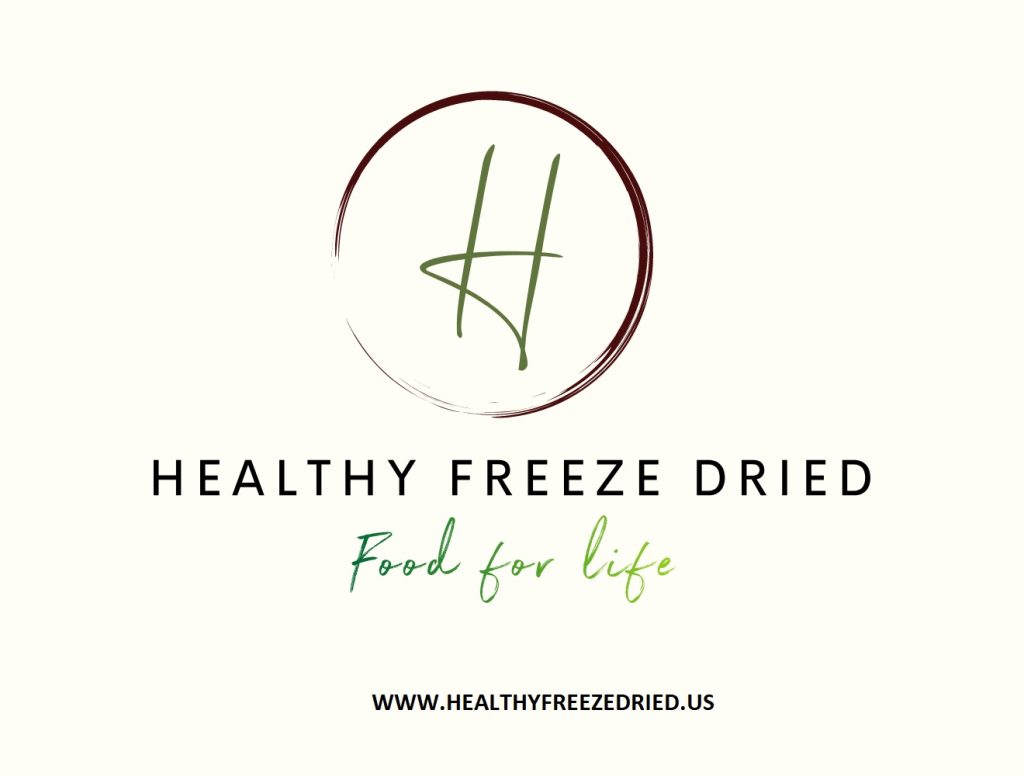At the core of cancer research is an understanding of free radicals, highly reactive chemicals that can damage cells, including DNA, proteins, and cell membranes. Such damage may contribute to cancer development and other health conditions (National Cancer Institute). Free radicals, a natural part of cellular processes, can become hazardous in high concentrations, often triggered by environmental toxins like ionizing radiation or cigarette smoke.
Antioxidants: The Protective Agents
Antioxidants are chemicals that neutralize free radicals, preventing potential cellular damage. Our body produces some antioxidants, known as endogenous antioxidants, but it primarily relies on dietary sources for these protective agents. Fruits, vegetables, and grains are rich in dietary antioxidants, which can also be obtained through supplements.
The Link Between Antioxidants and Cancer Prevention
Research has delved into whether dietary antioxidants can reduce cancer risk. Laboratory and animal studies showed promising results, but human studies have yielded mixed outcomes. Observational studies, including case-control and cohort studies, haven’t provided conclusive evidence, mainly due to potential biases.
Randomized controlled trials, considered more reliable, also failed to show a clear benefit of antioxidant supplements in cancer prevention. Out of nine such trials conducted worldwide, many sponsored by the National Cancer Institute, none provided substantial evidence supporting the use of dietary antioxidant supplements for primary cancer prevention.
The Complexity of Antioxidants in Foods vs. Supplements
One possible explanation for these findings is the difference in effects between antioxidants consumed as part of a diet and those taken as purified supplements. Foods contain complex mixtures of antioxidants, vitamins, and minerals, which might interact differently compared to isolated supplements. This complexity underscores the need for more research to understand the roles and interactions of various dietary antioxidants.
Recommendations for Cancer Patients
Cancer patients considering antioxidant supplements should proceed with caution. Some studies suggest that taking these supplements during cancer treatment could lead to worse outcomes, especially in smokers. Until more is known, it’s advisable for cancer patients to discuss any supplement use with their healthcare providers.
Conclusion
While antioxidants play a crucial role in neutralizing harmful free radicals, their effectiveness in cancer prevention, especially through supplements, remains unclear. The current evidence suggests that a balanced diet rich in natural antioxidants is more beneficial than relying on supplements. Ongoing research in this field is essential to unravel the complex interactions of dietary antioxidants and their impact on cancer prevention.
Reference:
National Cancer Institute. (n.d.). Antioxidants and Cancer Prevention. Retrieved from https://www.cancer.gov/about-cancer/causes-prevention/risk/diet/antioxidants-fact-sheet

